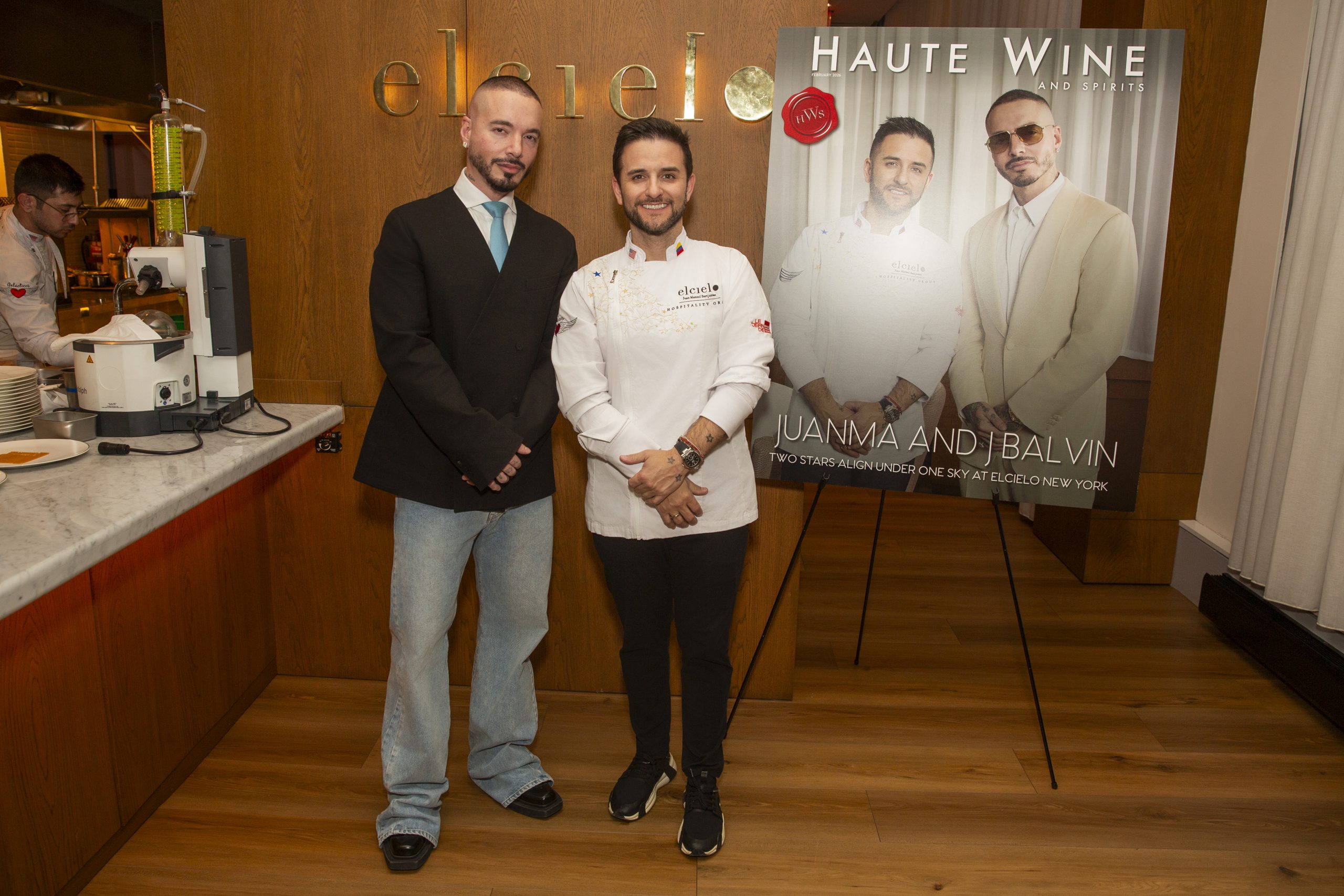Navigating New Horizons: Dr. Maria Rodriguez’s Insights On Integration And Cultural Adaptation In The U.S.

Immigration is often a bittersweet journey—a labyrinth of cherished dreams and intimidating challenges. The biggest difficulties many immigrants grapple with are the language barrier and culture shock. According to the US State Department, the ‘symptoms’ of culture shock include homesickness, depression, feeling lost and out of place, frustration, irritability, and fatigue. The severity of these challenges makes navigating the labyrinth all the more difficult, but cultural integration and adaptation are paramount.
When crossing the cultural divide, resilience and an adaptive spirit are paramount. But, the process is clearly far from straightforward, sometimes feeling more like an intricate dance where the rhythm keeps changing.
Dr. Maria Rodriguez, a renowned mental health professional with over twenty years of experience, has spent decades mastering this dance. She is the founder and CEO of the Care Counseling Center, a hub dedicated to providing mental health and social services, particularly focusing on immigrant families. Her life’s work, imbued with her experiences as an immigrant, offers significant insights into the complexities of immigrant integration.
Born into an immigrant family, Dr. Rodriguez’s journey has given her an intimate understanding of cultural adaptation. She grew up in the Dominican Republic and immigrated with her parents to the States, which has allowed her to contrast the community dynamics in both countries.
“In the Dominican Republic, the community was more open and free. As a child, I could independently navigate the town and go to the park, which was considered safe,” she recalls.
When she moved to the U.S., the community fabric was noticeably different. The vibrant, open, and free community she was accustomed to in the Dominican Republic had now transformed into a more structured and, perhaps, less personal one.
“The initial transition can trigger a range of emotions, including loneliness and embarrassment due to language barriers,” Dr. Rodriguez explains. “Overcoming these challenges is the core of cultural adaptation. But it’s far from a simple process. When the surrounding culture seems unfamiliar and, at times, intimidating, integration can become an uphill battle.”
Moreover, immigrants often face discrimination and micro-aggressions that can exacerbate feelings of isolation. Dr. Rodriguez battled race and gender discrimination during her early years in America. She recalls attending a predominantly white university, saying that only 3% of the student population was minorities. “Not much changed throughout my time there; unfortunately, only a few of us graduated.”
Yet, Dr. Rodriguez emerged from these trials not as a victim but as a champion for change. Her bilingual proficiency and bicultural understanding have equipped her with the empathy and expertise to guide others through their journey. She has been using her experiences to fuel a mission to provide support services to immigrants through her Care Counseling Center.
“Language barriers and cultural differences can become formidable obstacles. But it’s essential to remember that discomfort doesn’t translate to an unwillingness to learn or adapt,” she points out.
While discussing the process of cultural adaptation, Dr. Rodriguez encourages people to embrace both patience and perseverance. “Cultural adaptation is a journey, not a sprint. Learning and adjusting will take time, but people should focus on their goals and the future, no matter how frustrating it gets.”
As part of the process, Dr. Rodriguez encourages individuals to maintain connections with their cultural roots, ensuring they retain their identities while embracing the nuances of their new environment.
Simultaneously, the State Department advises immigrants to ‘keep an open mind’ and ‘plunge into’ the host culture as soon as possible. Dr. Rodriguez agrees with this advice, suggesting that people should actively engage with the local community, take language classes, and participate in community events. “This offers people a chance to familiarize themselves with the traditions, social norms, and customs, which makes adaptation much smoother.”
Most importantly, Dr. Rodriguez underscores the value of seeking professional support. Immigrants experience a range of emotions during the transition, and addressing these feelings is essential instead of suppressing them. Professional counseling centers or support groups, like her Center, are critical, offering immigrants a safe space to express their emotions.
But Dr. Rodriguez’s work goes beyond her Center. As she states, “We need more people to offer relatable and comfortable services to immigrants. It’s crucial not just locally but across the country and the world.”
In her steadfast commitment to this cause, Dr. Maria Rodriguez is shifting the narrative on immigration. Her story and work serve as a guidepost for those on the journey of cultural adaptation, underlining that every intricate dance step in the labyrinth of immigration can indeed be mastered.
Written in partnership with Stephanie Jackson












